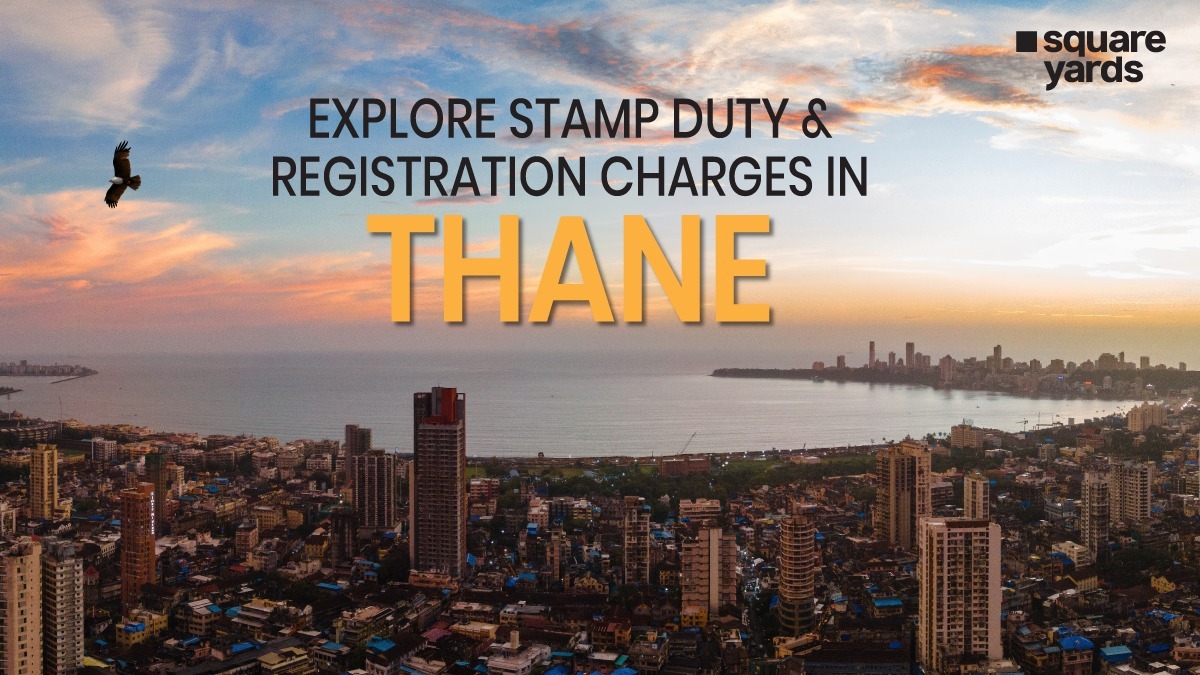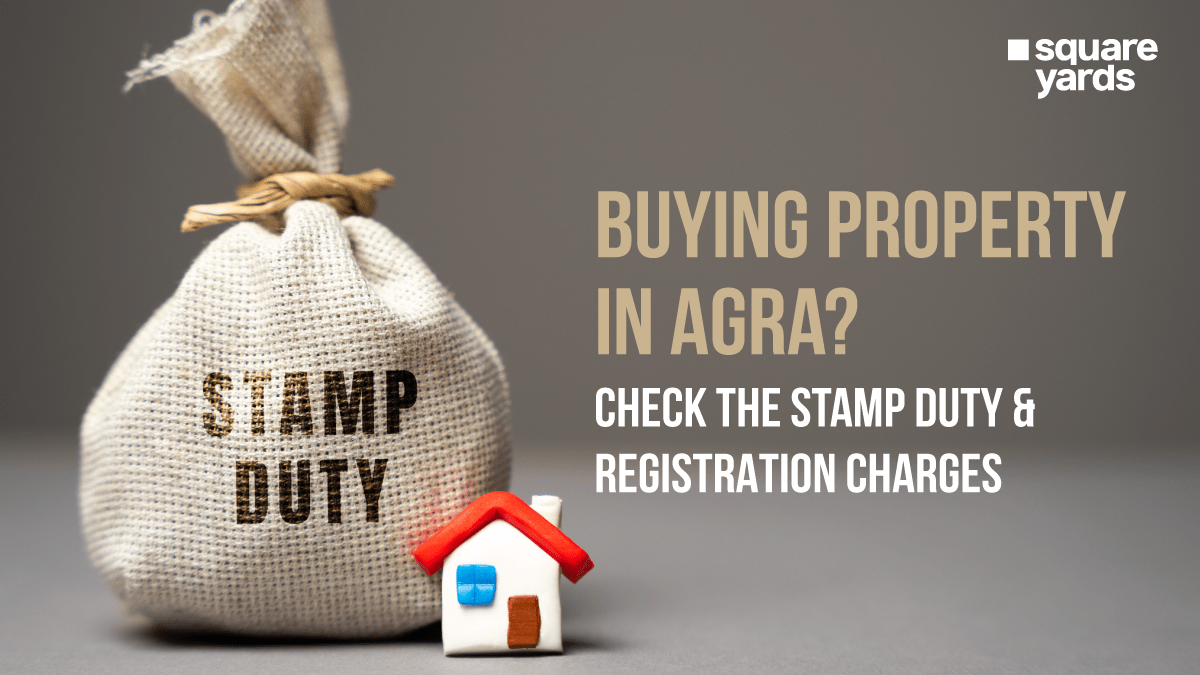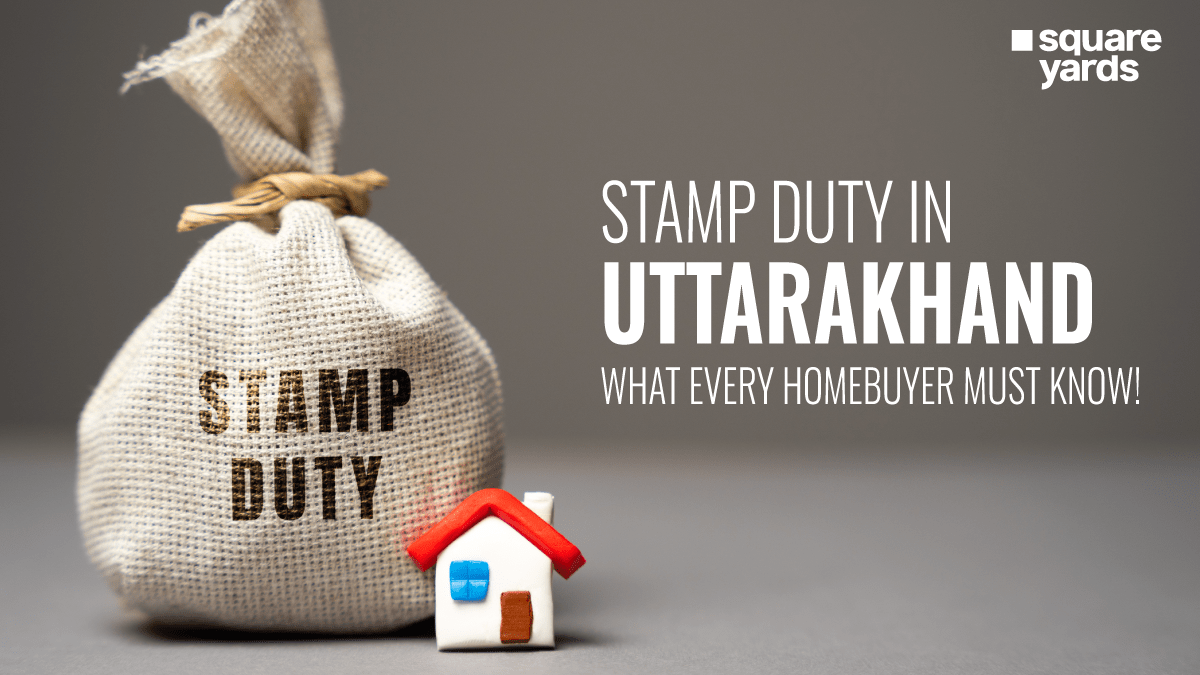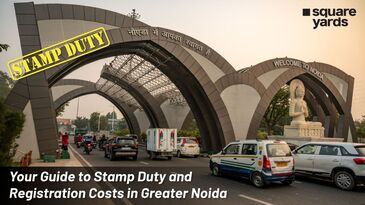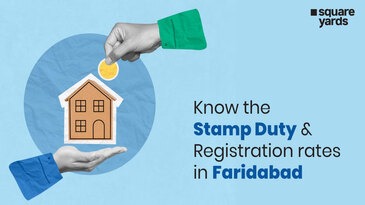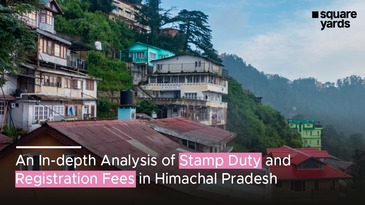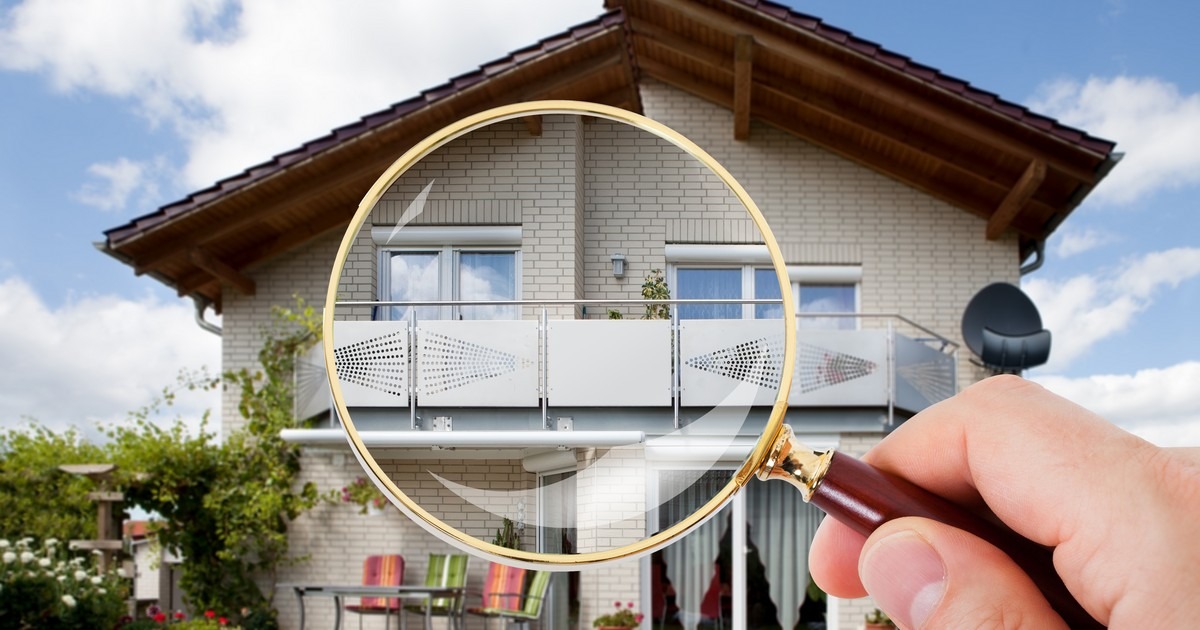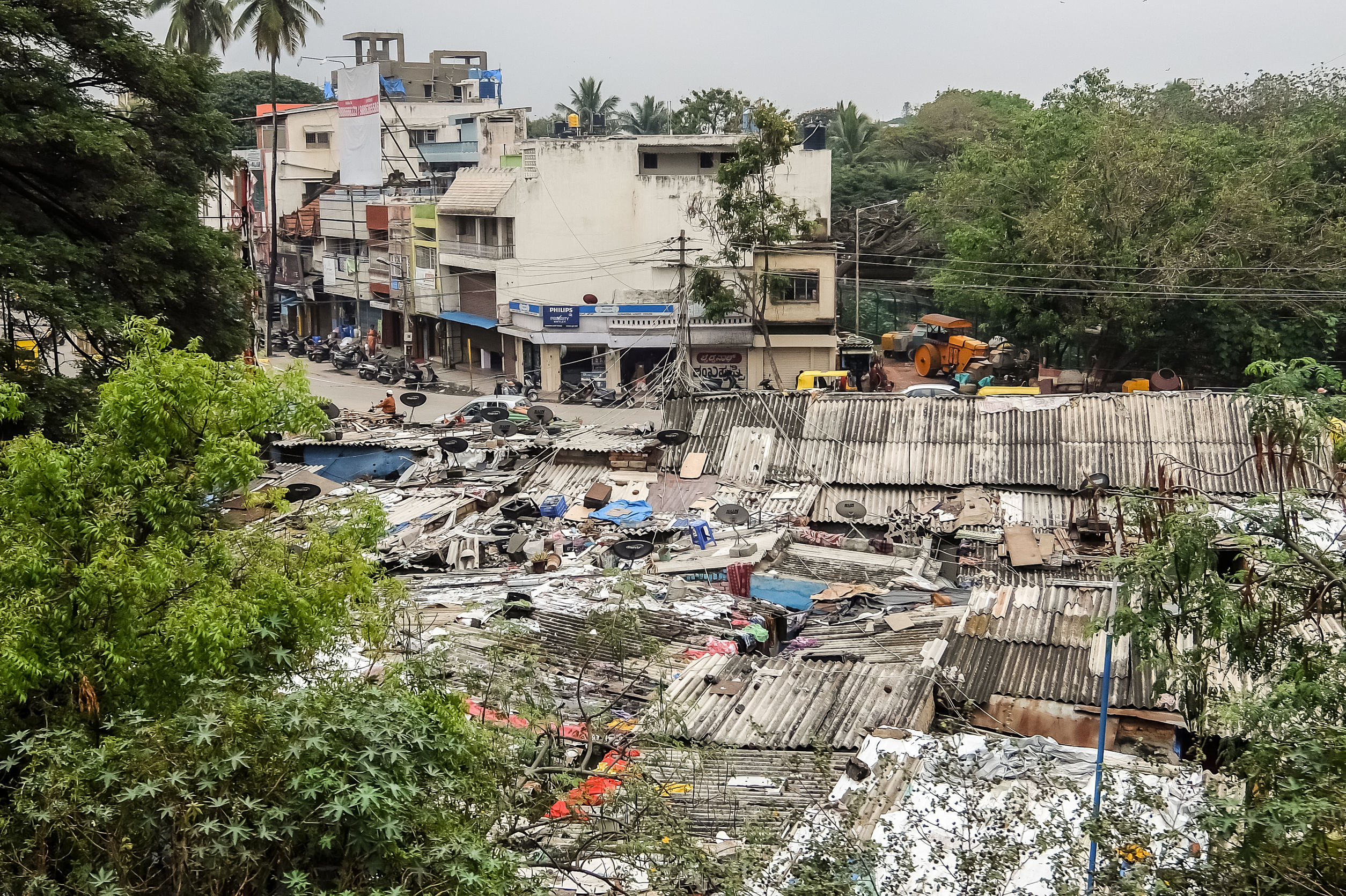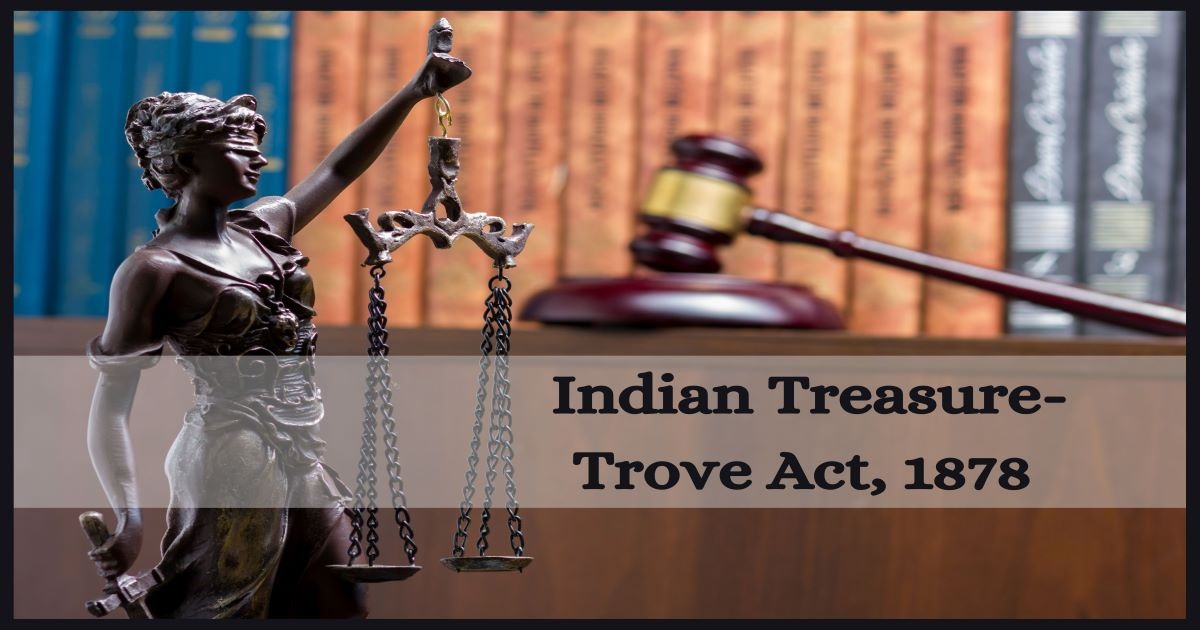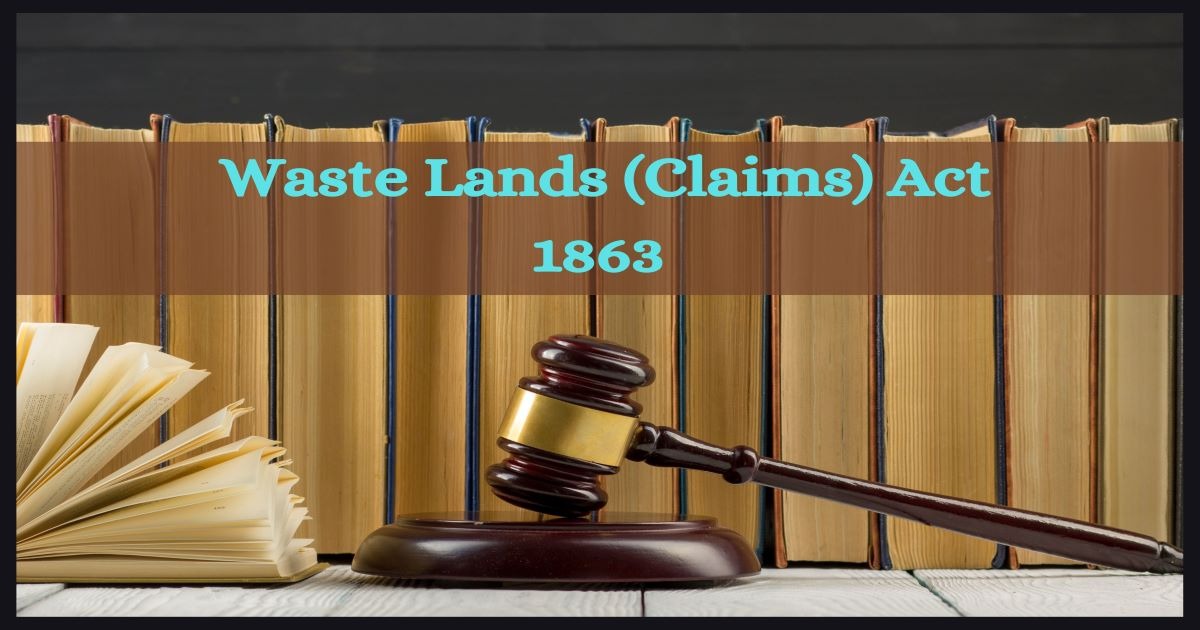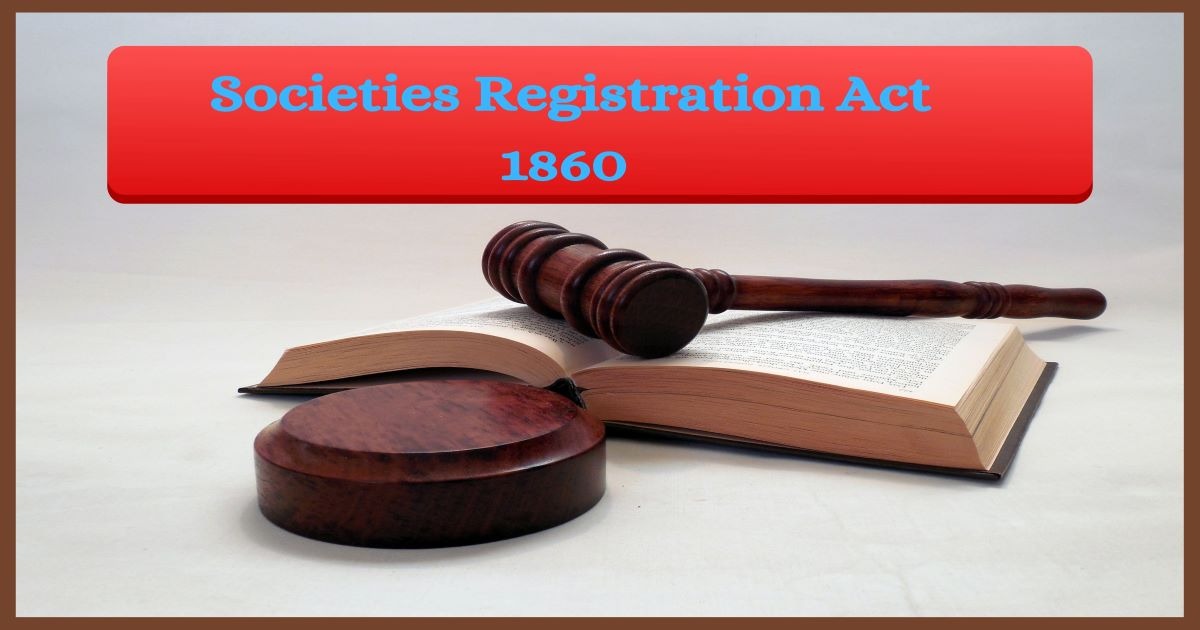Setting down the terms and conditions and then signing the sale deed does not grant the transferee any rights, interests, or ownership unless and until the document is registered. This is true because the deed or other document is merely a “mere document of title to the property” and must undergo the necessary registration procedure to grant the transferee complete ownership.
According to Black Law’s Dictionary, registration refers to entering information or a document into a formal register. Therefore, registering your document gives the buyer a real property right; otherwise, the title to the property reverts to the seller. Additionally, the property registration process results in the entry of ownership information into public records, which serves as irrefutable proof of title.
Table of contents
- What is Property Registration?
- Applicable Laws on Property Registration
- Why is Property Registration Compulsory?
- Document Requirement for Property Registration
- Information Required for Online Property Registration
- How to Do Online Property Registration?
- Time Limit, Fees for Property Registration
- Registration Charges in Indian Cities
- Factors that Determine Property Registration Charges
- How to Save on Property Registration Charges?
- Amendments in the Registration Act
- Conclusion
What is Property Registration?
After paying specific fees, such as stamp duty, a property transfer from one individual to another must be formalised by registration at the sub-office. registrar’s The registry of property is the name of this procedure.
Stamp duty and sales deed registration fees must be paid when registering your purchased property. The process of registering a property has to be done there at the sub-registrar’s office, which has jurisdiction over the region where the property was purchased. The majority of Indian states use computers to register properties. There is no need for middlemen.
The registration of property grants you the right to legally own, use, and dispose of the property when you buy a flat straight from the builder. You must pay stamp duty and registration fees when you purchase an apartment that is being moved from one hand to another for a second or third time.
For example, men must pay 6% in stamp duty, whereas women must pay 4% to register a sale deed, conveyance deed, or gift deed in Delhi. While there is no stamp duty required for will registration, there is a registration cost of Rs 600. Additionally, you will be required to pay Rs. 100 in pasting fees and a registration fee equal 1% of the selling deed’s overall value. When the paperwork is being verified, the vendor and the vendee should be present, along with two witnesses and identification documents. The concerned official draughts the deed and fulfils the registration process after the relevant documents are validated.
Applicable Laws on Property Registration
The Indian Registration Act of 1908 contains the legislation governing document registration. This law calls for the registration of numerous documents to guarantee title, preserve evidence, and combat fraud.
Why is Property Registration Compulsory?
Purchasing expensive residential units and plots is one of the many property-related transactions requiring legal registration. All transactions that include selling real property for a price greater than Rs 100 must be registered, according to Section 17 of the Registration Act of 1908. Since no movable asset can be bought for just Rs 100, this practically means that all sales of movable property must be registered. The same principle also holds true for gifts of real estate. The gift deed must be registered to be legally binding, although the donor doesn’t receive any money in return for the property. Additionally, registration is mandatory for lease transactions lasting longer than 12 months.
Document Requirement for Property Registration
The following documents are required for property registration; please look.
- Instruments for transferring real estate.
- Non-testamentary documents or transactions involving the sale of real estate worth more than Rs 100.
- Immovable Property Lease from year to year.
- Contracts for the sale of transportable real estate for the purposes listed in Section 53A of the Transfer of Property Act of 1882.
Information Required for Online Property Registration
The department of the Sub-Registrar of Assurances, under whose jurisdiction the property that is the subject of the transfer is located, should receive the necessary documentation to be registered. For the documents to be registered, both the seller and the buyer’s authorised signatories must be present, in addition to two witnesses.
The signatories must have identification on them. Any other form of government-issued identification proof, like a PAN card or an Aadhaar card, is also acceptable for this purpose. If the signatories act on behalf of another person, they must also provide the authority to sign. A power of attorney or letter of charge, as well as a copy of the decision of the business’s board authorising an individual to carry out the registration, must be carried by the individual representing the business if the company is a party to the agreement.
The sub-registrar must receive the property card, the original paperwork, and documentation of your stamp duty payment. The sub-registrar will confirm that sufficient stamp duty has indeed been paid for the property in accordance with the stamp duty ready reckoner before registering the documents. The registrar will decline to register the papers if there is a shortfall in stamp duty.
The registration fee is the cost to complete this legal formality in the government’s records. In contrast, stamp duty is the price you pay the government to acquire legal ownership of an object. State-to-state differences in stamp duty exist. Most states allow women exemptions from paying stamp duty.
Take note that witnesses are crucial to the procedure overall. The two witnesses you plan to include with the registration will also need to prove their identity to the sub-registrar. They should also have documents of their identity and addresses for this purpose. During the process, their biometric identification will also be scanned.
How to Do Online Property Registration?
You should be aware of the following information if you reside in a state that provides online services for property registration:
Only a few steps of the procedure can be finished online: Please be aware that even if your state provides online property registration services, only a portion of the property registration procedure can be completed online.
- To determine the overall value of your home, you can learn the local circle rate.
- The amount of the registration fee and stamp duty can be calculated.
- Online stamp duty and registration fees can be paid, and a receipt is provided.
- For the last property registration, you will need to schedule an appointment and show up at the designated time at the sub-office. registrar’s
Online Payment is Required:
Only once you have made the necessary online payments for the relevant stamp duty and registration fees can you schedule a time for property registration. You must use your credit card, debit card, or net banking to make the payment. Although most states accept payments online, purchasers may be able to pay with a check or money in some of these states’ rural areas.
Online TDS Payment was Required:
The buyer must pay 1% TDS just on property worth online if the deal value exceeds Rs 50 lakhs, and they must print a copy of the receipt. A copy of this paper would be required for the physical verification.
Your Phone is the Ley:
Your mobile number will be the key to completing the online process as you continue. In addition to receiving one-time passwords (OTP) by SMS during the registration process, you would also receive messages regarding your appointment and the successful completion of the process.
Time Limit, Fees for Property Registration
Mandatory registration documents must be submitted along with the required cost within four months after the execution date. If the deadline has passed, you may still submit a request to the sub-registrar for a delay pardon within the following four months, and the registrar might agree to register the documents in exchange for payment of a fine that could be up to 10 times the initial registration price. A maximum amount of Rs 30,000 is charged as the registration cost for real estate paperwork, equaling 1% of the property’s value.
Previously, six months would pass before the documents submitted for registration were returned to you. The documents, which include the registration number and evidence that the registrar registered them, are scanned and returned to you the same day, thanks to the computerisation of the sub-offices.
Registration Charges in Indian Cities
| Name of City | Charges of Registration |
| Kolkata | 1% of the property’s overall cost. |
| Chennai | 1% of the property’s market price. |
| Mumbai | 1% of the property’s whole market value or agreed value, or Rs 30,000, whichever is less. |
| New Delhi | 1% of the sale deed’s entire market value plus a pasting fee of Rs. 100. |
| Bangalore | 1% of the market price. |
Factors that Determine Property Registration Charges
Property Type: New or Old
The property registration costs depend on the kind of property you would like to register. To register a new property, you will typically have to pay a large fee.
it reasonable. A new property typically has a higher total cost than an older one. When you register an older or less recent property, the registration fees will be lower because the property’s price has likely decreased since it was built.
Residential and Commercial Real Estate:
Commercial properties must pay more to have their properties registered than residential homes. This is mostly because, unlike residential houses, commercial properties are constructed with a business purpose and require additional amenities like swimming pools, escalators, and private parking.
Geographical Variables
The registration costs are heavily influenced by the property’s location. You will pay significant registration fees if your property is found in a developed town or a major city. The state where you purchase the property is important since the state government imposes fees for property registration.
Transfer Type:
You must pay the usual registration charge if purchasing a property from a non-family member. However, the registration fees are extremely minimal if you use a “Gift Deed” to transfer the property’s title to a family member.
Amenities:
As previously said, if you have amenities such as a clubhouse, community centre, library, playground outside, swimming pool, freight lift, or gym, you will have to pay a high registration cost. You will be expected to pay more using the amenities-valuation technique for your property’s additional amenities.
Distance from the Bus, Train, or Airport:
Did you know that a hefty registration cost would be assessed if you live near a bus stop, an airport, or a train station? Yes, that is accurate.
Gender of Owner:
In order to save money on registration fees, you can choose to register the property in the name of a female family member.
How to Save on Property Registration Charges?
Let’s use the following example to understand better how to reduce stamp duty and registration fees.
For Rs 1 Cr, Mr. Ashok is purchasing a 1000 sq ft apartment in Delhi. Here, the apartment’s market worth is 1 Cr. Now that the selling agreement for the full sum of $1,000,000 must be signed, you can avoid paying stamp duty if you register the said property at circle rate or government guiding value. The lowest valuation at which a property may be registered is called the Circle Rate or Government Guidance Value. Simply put, Govt Guidance Worth, also known as Circle Rate, is the property’s market value according to the State Government. It always declines below the property’s current market value. Since the circle rate or government guidance value, in this case, is Rs. 6500, the property’s circle rate or government guidance value is 65 Lacs, as opposed to the property’s actual market worth of Rs. 1 Cr.
You can save a significant sum on stamp duty and registration fees once you register the property at Circle Rate or Guidance value. If you register a property valued at $1,000,000, stamp duty will cost you $65,000, and registration fees in Delhi will cost you $16,000, totalling $76,000.
Amendments in the Registration Act
One of the initial states in India to make significant changes to the Registration Act to curb fraud in the real estate registration process was Tamil Nadu. The amendment gives the inspector general of registration the authority to revoke any false documents submitted during the registration process for real estate. When fraudulent documents were discovered in the past, the inspector had to take them to court, delaying the cancellation of those documents. The inspector now has the authority to revoke the documents directly. To prevent fraud, the authors and advocates creating the property registration forms must sign the documents and offer their photos.
Anybody who submits fraudulent documents will also face a three-year prison sentence. The state will also form a committee to look into extensive property registries.
Conclusion
A party’s ignorance of the law cannot be used as a defence, and it may lead to fraud or undue advantage on the other party’s part.
Consequently, investing all of your painstakingly earned cash to buy the immovable thing shouldn’t lead to unwarranted detours that culminate in legal disputes. Early in the process, you can save time and guarantee that your title is finalised in public records and other ancillaries, which can be a significant piece of evidence that you are the rightful owner.
With the help of this essay, you should be able to identify any ploys that might be employed in connection with transactions in real estate and have any remaining doubts concerning property registration cleared up.






